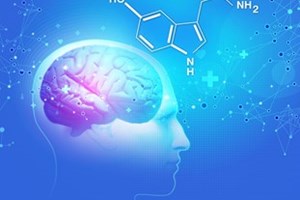Menopause can be a confusing time for many women and their families, and as a society we tend to steer away from having open, honest conversations about this very important transition in a woman’s life. At ZRT, we aim to change that and equip all woman with the tools and resources necessary to maintain optimal health during their menopause transition and after. In this post, ZRT’s Clinical…
Tags: Menopause, Progesterone, Estrogen, Depression, Anxiety, Weight Management, Sleep, Thyroid Health









